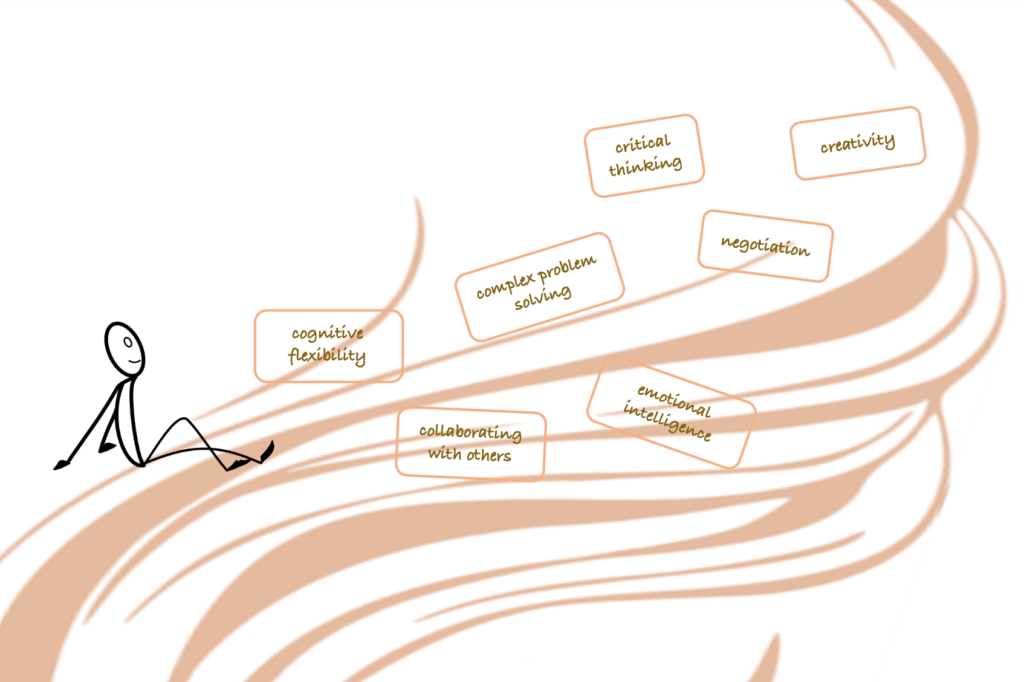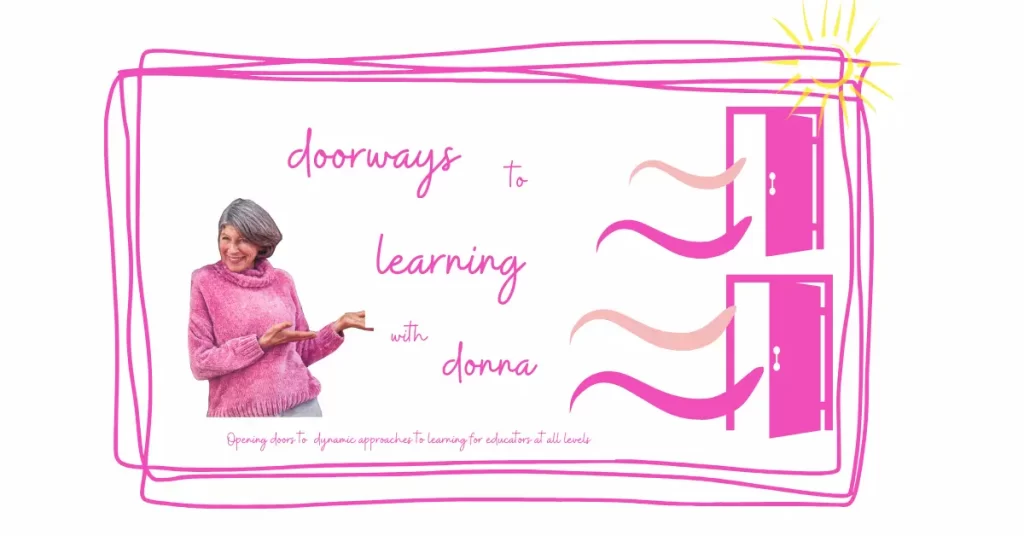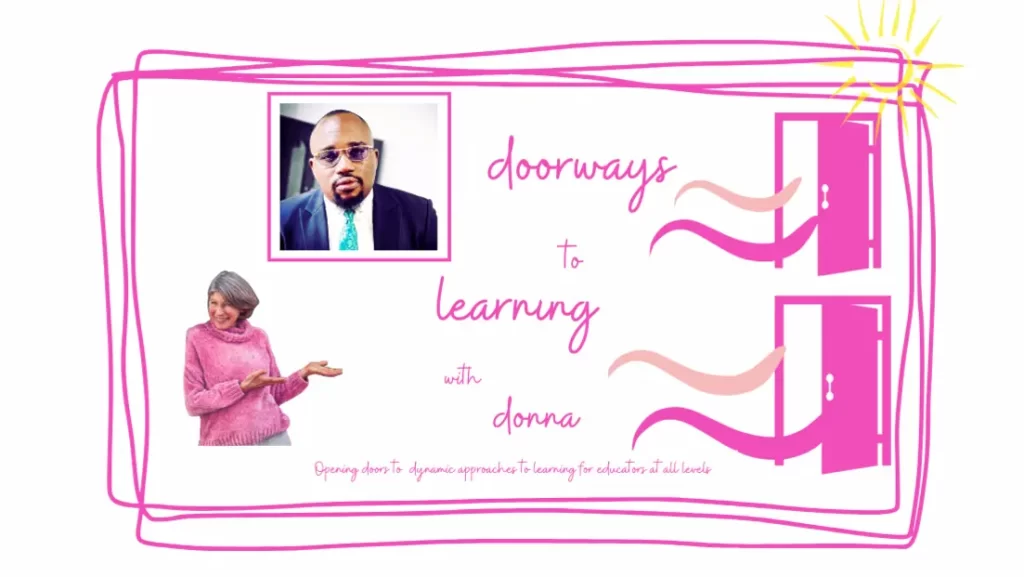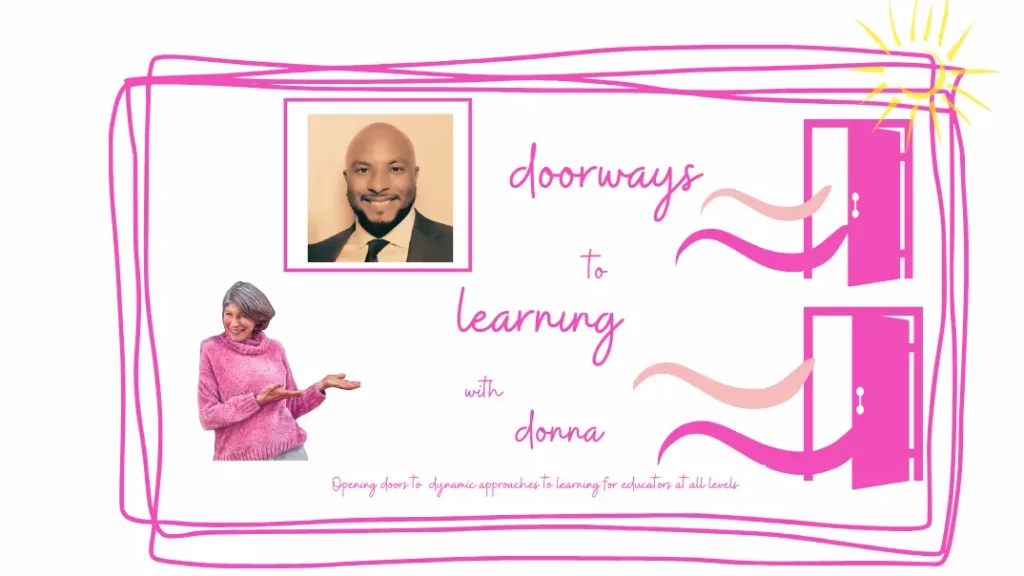How many languages do you need to speak to be an effective teacher-trainer?
Is it important to know the majority language of the country if you’re an English teacher?
What do you do if you’re giving a workshop and the electricity gives out suddenly?
Today you have the opportunity to find out something you may never before have heard: What makes a good trainer? Why did your school hire that person and not the other? Why did I resonate with what he says instead of the person I listened to last week? Why do I feel on fire when she comes to my school instead of last year’s trainer?
We’re going to learn a lot about what makes Nina the incredible teacher-trainer that she is – how publishing, volunteering, and breathing in the salt of the sea as often as possible, is essential to her educational vision. Join us now for a breathtaking journey through Canada, Greece, Spain, and most of the rest of the world, as Nina tells us about her journeys and her joys that she passes on to all of the participants in every single session she gives.
Activities to use this podcast in your classes:
- Nina talks about having to suddenly change all of her presentation because of power-outages. Ask your students to work in groups and list EVERYTHING they do in a 24-hour period that involves electricity (or a battery-powered device that depends on recharging with electricity). Next, they write alternative ways of carrying out each of those items without electricity. Groups exchange lists, eliminate duplicate, carry out a class discussion of the advantages and disadvantages of electricity and. our dependency on it.
- Nina’s childhood was filled with different accents and cultures. In groups, students make lists of people they’ve met from other cultures and/or countries. They include emotions they have had about those people – whether positive or negative, why they had these strong emotions – either because of the clothes those people wore, their accent, the way they operated that was different from the majority culture, anger that might have been caused by simple misunderstandings of common ways to communicate, etc. Lead a classroom discussion on how respect for other people’s belief, cultures and customs on a small scale – in a classroom, neighbourhood and country, might change global conflicts.
- Another strategy Jennifer shares is to identify social, physical and cultural cues that are similar or different from the readers. Outside of class, students read the class text/book and take notes on these three elements of the ma
- in charcter/s in relation to themselves. In class, students work in groups, share notes, and make a list of similarities and differences of the main characters, using names (or not) of specific students.
Contact Nina at: https://www.ninalauder.com/
Music: Canadian Fiddle Music
Subscribe to get notices for new episodes and free activities to use in your classes HERE.
You can find more conversations like this one at Doorways to Learning with Donna
If you like this episode, treat Donna to a coffee!!

Scaffoldingmagic.com is your entryway into DYNAMIC bilingual learning methodologies, such as Phenomenon-Based Learning, CLIL, EMI, and ESL. You’ll find ways to implement critical thinking tools (DOK) to promote higher level thinking, the growth mindset, instil an ethic of excellence, deep reflection on learning, and all through multi-cultural, interdisciplinary activities. We have the keys to turning competences into action and to creating collective efficacy in your school so you move ahead as a unified, enthusiastic team.





